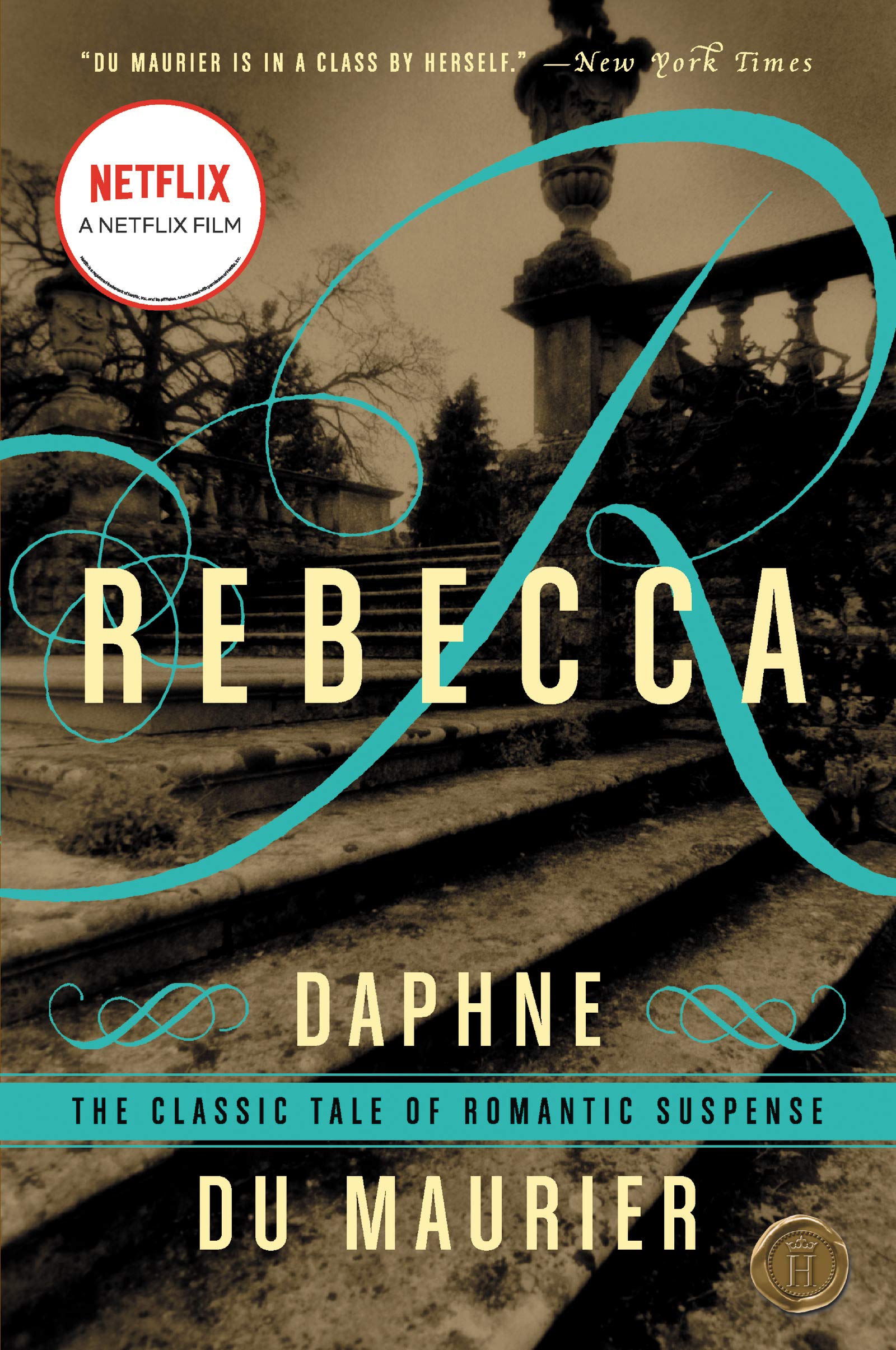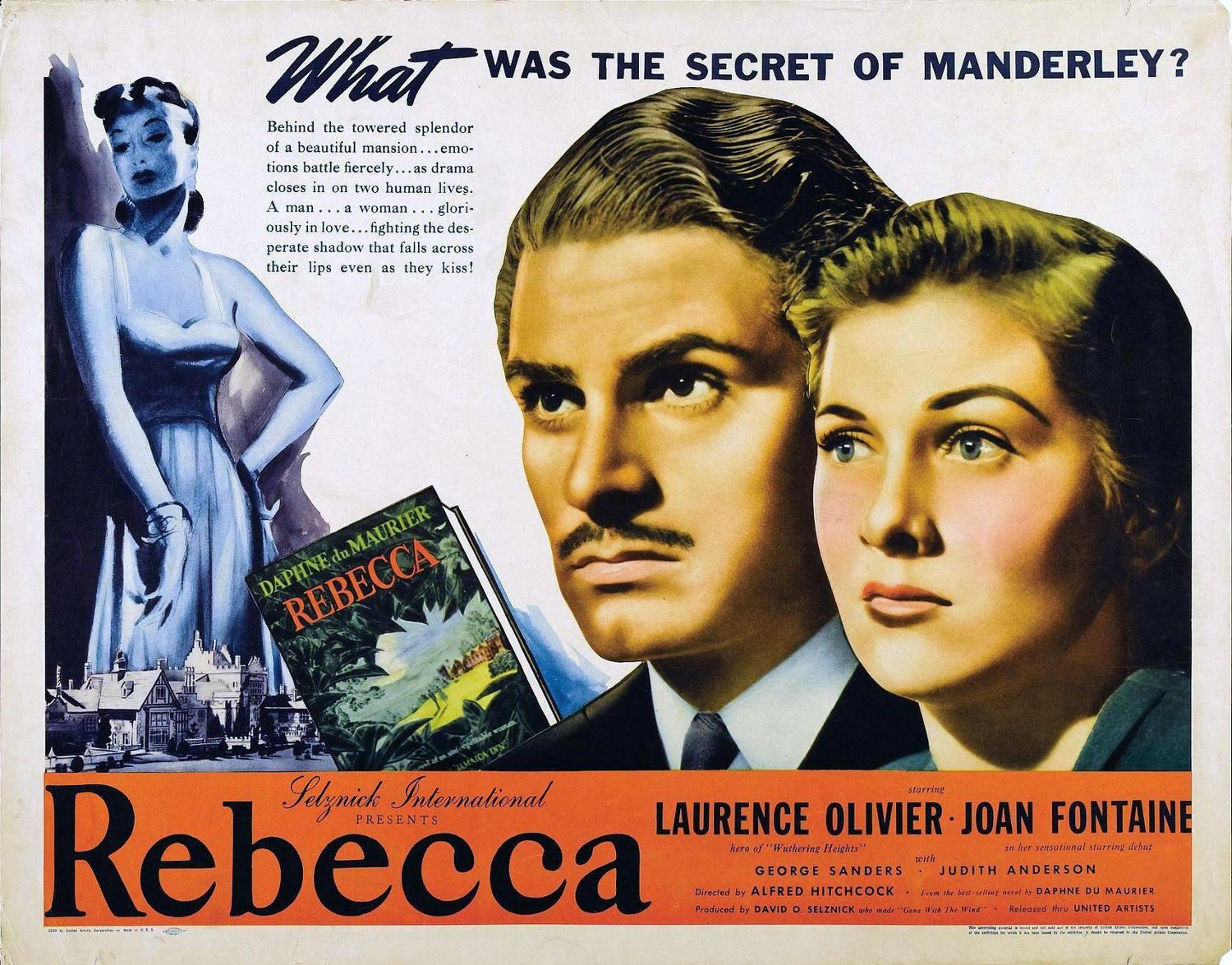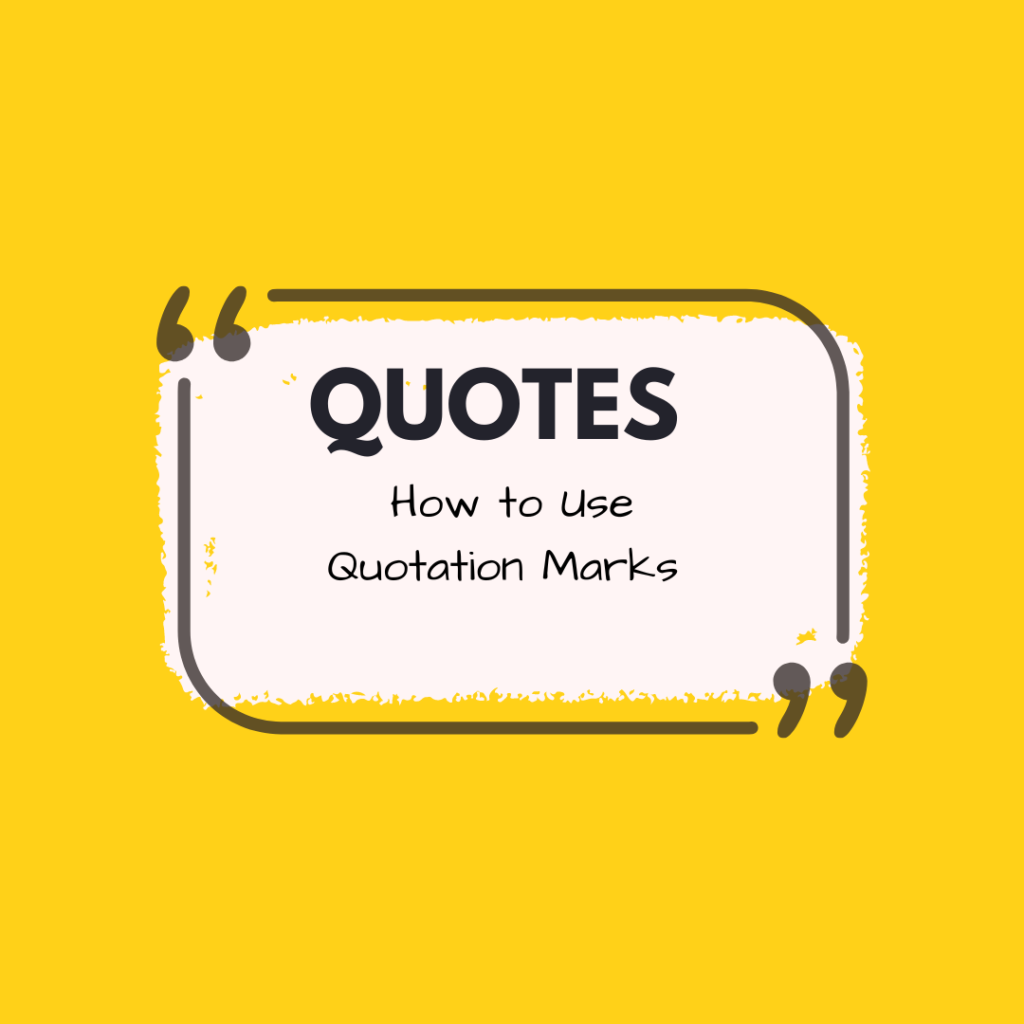For anyone writing, plagiarism is a serious concern. Very serious. In fact, plagiarism can be a fast track to court.

Image Credit: IMDb
Daphne du Maurier was a famous British writer who wrote the novel, Rebecca.

Image Credit: Amazon
Not long after Rebecca was published, a lady claimed that du Maurier had stolen elements of her own writing and that du Maurier was guilty of plagiarism. Du Maurier landed in court. Fortunately, du Maurier won that case, but going to court to defend herself was costly. If she had lost the case, her career would probably have been ruined.

Image Credit: http://www.impawards.com/1940/rebecca_ver5_xlg.html
Instead, the novel Rebecca was turned into a movie.

Image Credit: IMDb
Only recently, the novel was turned into a Netflix film, but I prefer the old movie to the more current Netflix series.
Rebecca du Maurier’s description of the house Manderley is an example of the development of a perfect setting:
Chapter 1 Maxim de Winter
“Last night I dreamed I went to Manderley again. It seemed to me that I was passing through the iron gates that led to the driveway.
The drive was just narrow track now, its stony surface covered with grass and weeds. Sometimes, when I thought I had lost it, it would appear again, beneath a fallen tree or beyond a pool formed by the winter rains. The trees had thrown out new low branches which stretched across my way. I came to the house suddenly, and stood there with my heart beating fast and tears filling my eyes.
“There was Manderley, our Manderley, secret and silent as it had always been, the grey stone shining in the moonlight of my dream. Time could not spoil the beauty of those walls, nor of the place itself, as it lay like a jewel in the hollow of a hand. The grass sloped down towards the sea, which was a sheet of silver lying calm under the moon, like a lake undisturbed by wind or storm.
“I turned again to the house, and I saw that the garden had run wild, just as the woods had done. Weeds were everywhere. But moonlight can play strange tricks with the imagination, even with a dreamer’s imagination.As I stood there, hushed and still, I could swear that the house was not an empty shell but lived and breathed as it had lived before. Light came from the windows, the curtains blew softly in the night air, and there, in the library, the door stood half open as we’d left it, with my handkerchief on the table beside the bowl of autumn flowers.
“Then a cloud came over the moon, like a dark hand across a face.The memories left me. I looked again at an empty shell, with no whisper of the past about its staring walls. . . .
“The road to Manderley lay ahead. There was no moon. The sky above our heads was inky black. But the sky on the horizon was not dark at all. It was shot with crimson, like a splash of blood. And the ashes blew towards us with the salt wind from the sea.”
― Daphne DuMaurier, Rebecca

Image Credit: IMDb
In 2007, the movie Daphne was released, and among other things, it included the du Maurier plagiarism trial. Daphne du Maurier died in 1989, but her estate is still making money from the novel Rebecca–a novel that might not have been–because of a plagiarism trial.


- Use quotation marks at the beginning and end of a direct quotation: direct quotations use exact words.

The Following is an Indirect Quote that has been Paraphrased:
She said that Percy is a very sleepy cat.
Note the word “that.” You will often see the word “that” in an indirect quote or in paraphrasing.
A Quote can be identified by its use of Speaker Tags, like He said, She cried, They responded, etc.
Examples of Quotations with Speaker Tags at the End of a Sentence:
I said, “Hello there.”
He asked, “Do you guys want to go to the mall?”
The librarian whispered, “Please keep it down.”
Mark said that he needed to leave at 5. – indirect quote–no quotation marks”
How to Use Quotation Marks Part 2
Examples of Quotations with Speaker Tags at the Beginning of a Sentence:
“I’ll be home soon,” he said.
“Can you come over?” I asked.
“Put that down!” she yelled.
“You’re a great friend,” she told me.
“Are you sure you want to do that?” I asked him.
“I loved you!” she screamed.
I’m not sure that’s what he said.
Examples of Quotations with Speaker Tags in the Middle of a Sentence:
How to Use Quotation Marks Part 3
“When you get home,” I said, “can you call me?”‘
Notice that the word “can” is not capitalized because the above example is one long sentence. It is merely interrupted by the words “I said.”
In the following example, there are 2 sentences, and the capitalization reflects that.
“I need some help,” she said.
“Can you come over?”

(Brooke)
Examples of Quotations in “The Three Little Pigs”
This version of The Three Pigs is in the Public Domain
Example 1: A Direct Quote
The first little pig said, “We will go out into the world and try to make it on our own.”

(Brooke)
Example 2: A Direct Quote in Mid-Sentence
The first pig that went off met a man with a bundle of straw, and said to him, “Please, Man, give me that straw to build me a house,” which the Man did, and the little Pig built a house with it.
Notice that when the quote is in mid-sentence, a comma ends the quote and not a period.

(Brooke)
Example 3: Direct Quotes with Different Speakers in Succession.
Presently came along a Wolf and knocked at the door. He said, “Little Pig, little Pig, let me come in.”
To which the Pig answered, “Not by the hair of my chinny chin chin.”
“Then I’ll huff and I’ll puff, and I’ll blow your house in!” said the Wolf. So he huffed and he puffed, and he blew his house in, and he ate up the little Pig.
Brooke, L. Leslie. “The Story of the Three Little Pigs.” Gutenberg.org, www.gutenberg.org/ebooks/18155. Accessed 22 Oct. 2022.
Discover more from Jacki Kellum
Subscribe to get the latest posts sent to your email.